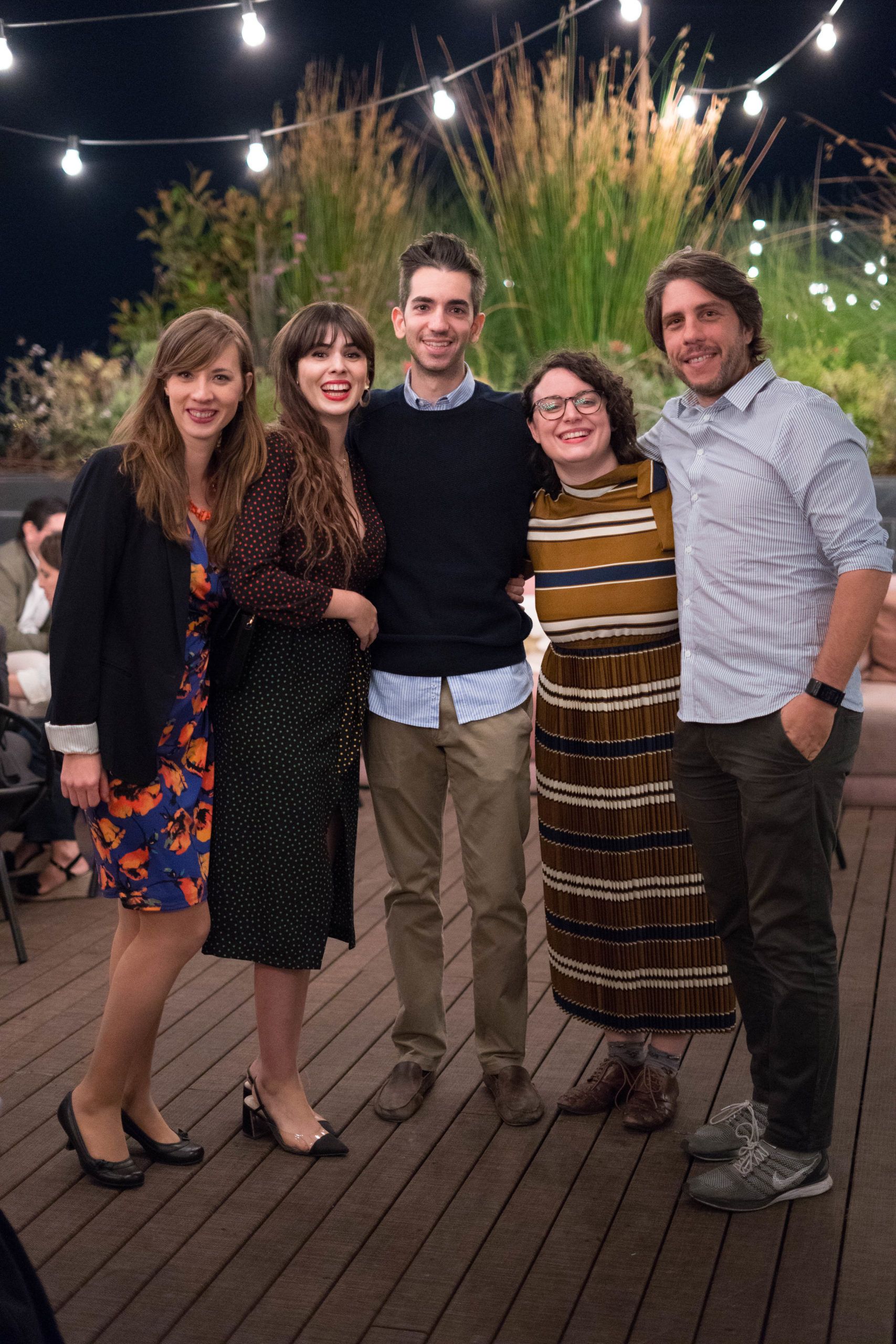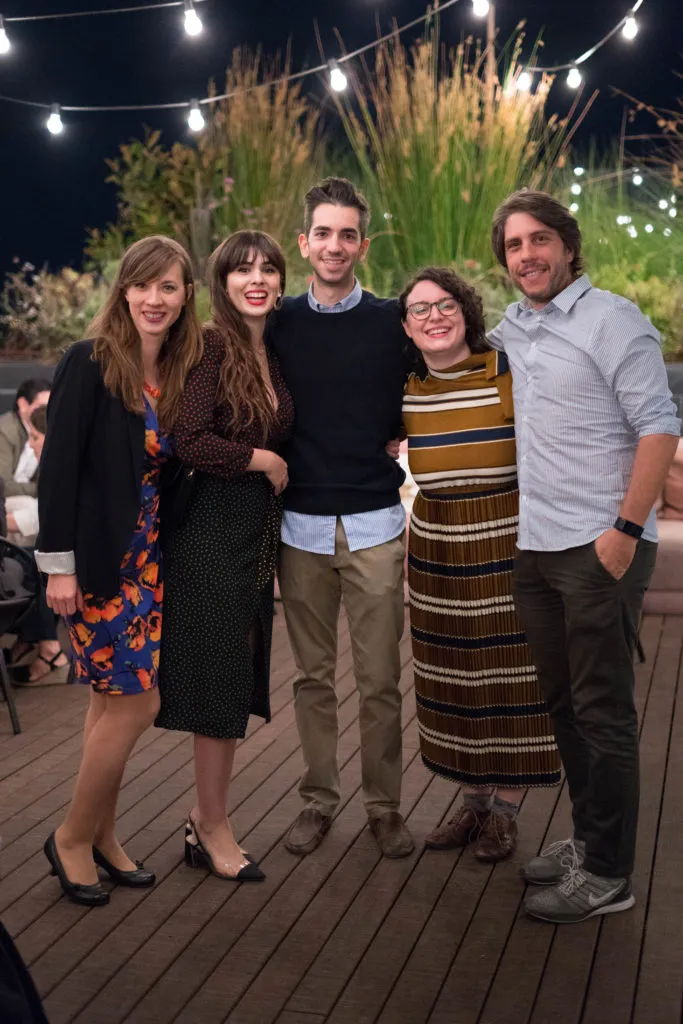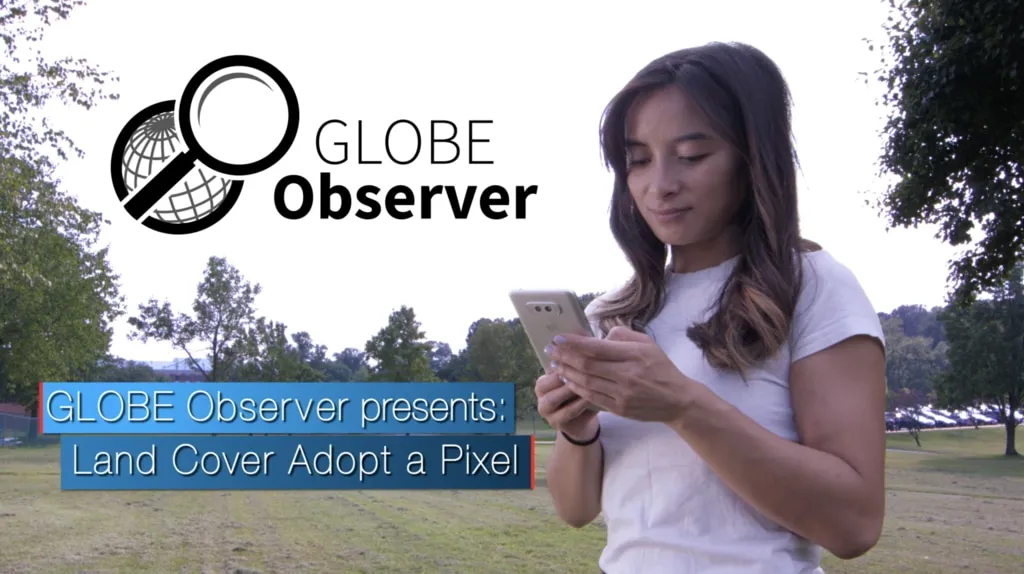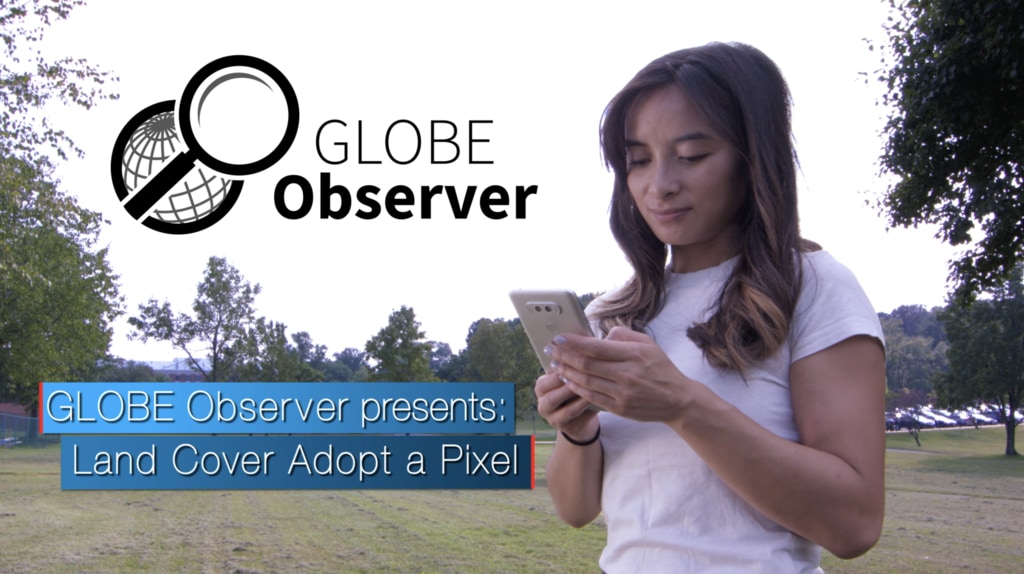IMPACT is considered as one of Europe’s best startup accelerator programs, having helped over 100 startups with equity-free investment, mentorship and a global network of investors. A startup accelerator may not be of specific interest to the geo-community but a startup accelerator with a new program to help mobility startups? Yup, that sounded interesting to me as well so I spoke to Emily Carrol, the communications manager at IMPACT to learn more about their vision, Connected Car program, and their work with geospatial startups. Read on.
Q: IMPACT was founded in 2014 to help empower startups in Europe and is already considered as one of the best accelerator programs in Spain and Europe. Before we get into your mission, could you tell us a bit more about its origins and the people behind it?
A: IMPACT Accelerator was the brainchild of ISDI, a digital business school. The school was already working to help companies, organizations, and individuals usher in the digital age. From there, accelerating startups was a natural next step.
 As you’ve said, IMPACT Accelerator was conceived in order to help boost the startup ecosystem all across Europe and to help Europe’s startups stand out on the world stage. Our first program, founded in 2014, was focused on mobile technologies. We initially dedicated €6.4 million to creating a high-quality acceleration program for startups in the vertical. The program included premium mentoring, training, and equity-free funding. Three other partners participated in running the program, from far-flung corners of Europe, including Italy, Denmark, and Germany.
As you’ve said, IMPACT Accelerator was conceived in order to help boost the startup ecosystem all across Europe and to help Europe’s startups stand out on the world stage. Our first program, founded in 2014, was focused on mobile technologies. We initially dedicated €6.4 million to creating a high-quality acceleration program for startups in the vertical. The program included premium mentoring, training, and equity-free funding. Three other partners participated in running the program, from far-flung corners of Europe, including Italy, Denmark, and Germany.
In 2017, we launched the €3 million program IMPACT Growth, focused on more mature, growth-stage startups, and in 2018 we launched IMPACT Connected Car with €2.1 million and IMPACT RobotUnion with €4 million. All three later programs are in collaboration with a wider range of partners, including corporations like Ferrovial Servicios, DOCOMO Digital, and Danone, as well as public organizations and private VC firms, and, of course, ISDI.
At ISDI, our small but dedicated IMPACT team consists of Nacho de Pinedo, the ISDI CEO; Sebastián Muller, acceleration director; Sara A. Pedraz and Daniel Twal, both acceleration managers; me, Emily Carroll, in charge of communications and marketing; and Anita Fuentes, our communications and mentoring assistant. We are from three different continents but we are all here, working together because we are passionate about startups and passionate about what we do.
Q: Which verticals does the IMPACT accelerator program focus on? At what stage of their startup journey should startups reach out to you?
A: IMPACT Accelerator has had many different programs over the past four years, each with its own vertical focus and maturity requirements.
Our first program, IMPACT Mobile (now ended), was focused on mobile technologies and accepted startups in any phase.
IMPACT Growth (ending in November 2018) is focused on the verticals of smart agrifood, smart cities, content, and manufacturing 4.0. IMPACT Growth looks for later-stage startups with at least €100k in previous funding and a significant user base or demonstrable traction.
IMPACT Connected Car (now seeking startups) has the mission of disrupting the automotive sector, mobility, infrastructure, and transport. The ideal startup already has a product on the market and is showing some traction.
IMPACT RobotUnion aims to boost robotics and AI in Europe, and is focused on idea or very early-stage startups. IMPACT RobotUnion partners with many significant European universities in order to help founders develop and prototype their ideas.
Q: What kind of services and support do you provide to your startups? Why should a startup apply to your program over other programs in Europe?
A: IMPACT Accelerator has some unique features that make it especially attractive to startups all over the European continent and beyond. To start with, we offer equity-free funding. That means that we literally give away money for free to selected startups! All that we ask is that startups put in the work and meet the goals set by their mentors, which is not as easy as it might sound but is definitely achievable and worthwhile.
Additionally, IMPACT’s programs are de-localized, which means that startups can receive training, mentoring, and funding without having to move to another city or country. Our programs thus allow startups to focus their efforts on expanding their business, attending the world’s top startup events, training camps, and networking events all around the world. Those who excel in our programs are offered the opportunity to enter an internationalization phase, traveling to some of the hottest startup hubs in the world, such as Silicon Valley or London.
Finally, IMPACT has the great good fortune to collaborate with mentors of really exceptional quality, including top executives at Airbnb, Google, Yahoo!, Tesla and more.
Q: Equity free support for startups to grow. Hmm, that sounds too good to be true. How does IMPACT support itself?
One of the questions I get most often when talking about IMPACT’s programs with startups is: “Okay, so where’s the catch?” As you said, it sounds too good to be true. I can assure you, however, that there is no catch. Our funding comes from the European Commission and has the ultimate aim of boosting European startups.
Q: Do you also offer startups co-working space like some other accelerator programs?
A: We do offer startups the option to use co-working space at the ISDI headquarters in Madrid. However, startups don’t generally request to use this space, other than at events or if they’re visiting Madrid for meetings with investors and potential clients. Because IMPACT accelerates startups from all over Europe, we have developed a fully de-localized method that allows them to work on their growth from anywhere in the globe. This also applies to mentorship: around three quarters (76%) of the total mentoring sessions are held remotely, with the remaining quarter being face to face. We have learned that this de-localized methodology is appreciated and, in fact, essential to the continued success of many startups. Not every startup is able to uproot themselves to temporarily move to a new city. Additionally, the costs associated with temporary relocation can be prohibitive to many new projects just getting off the ground. By offering mentoring and training remotely, or by finding mentors in the startups’ home base city, we are able to provide a more accessible and efficient acceleration program, strengthening the entire European ecosystem instead of centralizing startups in one city or country.
Q: IMPACT is currently looking for startups in the connected car industry and the deadline to apply for the accelerator is 18th October. Could you tell us a bit about that program?
A: IMPACT Connected Car is our program focused on disrupting the automotive sector through innovation in vehicles, transport, infrastructure, and more.
Projects selected for the accelerator program will accelerate their connected car startups (no pun intended!) while learning from experts in business, technology, corporations, and funding. IMPACT Connected Car is partnered with global brands including Groupe PSA, Ferrovial Servicios, and the Federation Internationale de l’Automobile.
Of course, as in all IMPACT programs, startups will also have access to top startup events across the world, internationalization “digital missions,” VC firms, and equity-free funding – in this case, up to €60,000 per startups.
Interested startups can learn more or apply on the IMPACT website.
Q: How many startups has IMPACT accelerated so far? Any names that the Geo-community might be aware of?
A: IMPACT has accelerated 102 startups big and small since its inception in 2014. Geoawesomeness readers are most likely to be familiar with some of our geo-location related startups, including:
- Situm – Indoor positioning provider that enables corporations developing new location-based services.
- Worldsensing – Platform to provide Operational Intelligence to cities through a plug and play approach which creates a customized solution to solve problems such as traffic or public space safety.
- trafficnow – Using connected floating car data for optimizing mobility in junctions, roundabouts, work zones.
- SENSEI – Sensei is an AI-powered real-time video recognition solution for retail providing accurate in-store analytics and insights.
- WiTraC – WiTraC has created a wireless real time location system (RTLS) for Industry 4. 0 based on Internet of Things and Smart Sensors
- UrbanClouds – SMAQ is an intelligent monitoring solution that allows city or town councils to meet their legal obligations, Directive 2008/50/EC, to measure outdoor air quality, at 50% lower cost compared with traditional methods.
- Measurence – Measurence transforms consumer offline behavior into actionable insights. Get foot traffic insights, monitor your performance in real-time as easily as online.
- Antlos – Antlos is an online platform that connects tourists and travelers with skippers who own and operate private marine vessels (yachts, smaller boats, etc.).
Q: What does the future hold for IMPACT? What are your priorities for the next 3 years?
A: Well, I can tell you that we will continue to accelerate startups and expand our network! I can’t give you details about the sectors we will be expanding into, but there are some hot technologies among them, as well as some more socially-focused programs.
If you are interested in learning more you can subscribe to their newsletter say hello to IMPACT on Twitter.








